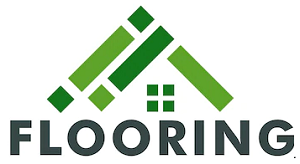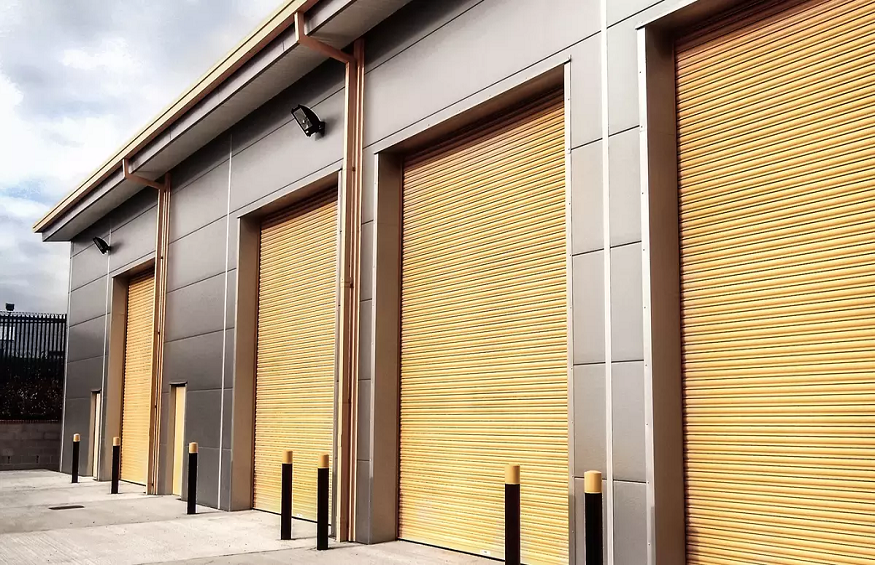The different types of shutters: rolling, swinging, folding or sliding
Shutters are essential elements of a home. Whether rolling shutters, swing shutters, folding or even sliding shutters, all play an important role in terms of aesthetics, safety and insulation from weather conditions (from excessive sunshine to storm). Each type of shutter has its advantages.
Roller shutters
Thanks to a manual or motorized winding system close to the blind, the roller shutters are easy to conceal in a box positioned inside or outside the windows. The slats are made of aluminum or PVC for good thermal insulation. Full, they protect against intense weather conditions. Light, wind or rain do not pass through.
Roller shutters are often known for their security aspect. Roller shutters are indeed those that offer the highest level of security. This is why they are frequently used to replace old shutters during renovation work.
The shutters
Whether classic or modern, hinged shutters adapt to all styles of homes. Present on the facade, they greatly contribute to the aesthetics of the dwelling. They are customizable as desired.
Beyond the colors, there is a choice of materials for shutters : PVC, wood or aluminum. Depending on the material chosen, the shutters may be solid and/or perforated. In both cases, the shutters are appreciated for their solidity and their thermal resistance.
Folding shutters
The main advantage of folding shutters? They adorn the facade while remaining discreet. Open, the louvers fold back slightly to visually lighten the walls of the house. With a sometimes traditional style, folding shutters can give character to a facade. Good to know: to be effective, folding shutters must be custom-designed and regularly maintained.
Sliding shutters
It’s the modern twist on traditional shutters. As the name suggests, they slide along the wall to let in or block out light. It is possible to open it partially or completely.
Very aesthetic, these sliding shutters often work thanks to a concealed rail. The installation requires know-how and precision. Trendy, these shutters know how to adapt to all situations.
A final piece of advice from our Tryba experts: choosing shutters depends on the comfort and aesthetics sought.
When you choose to build or renovate your home, every detail counts. Today, we are interested in shutters . Pledges of protection, discretion and security, they come in many forms. Swinging, folding, rolling or sliding shutters… Metzger presents the different types of shutters, their advantages and disadvantages!
Swing shutters: the traditional ones
Casement shutters are characterized by two sashes that swing and fold down on either side of the window. They can be found under the name of “French shutters”. These are the most traditional, and the most frequently found in France. They can be made of different materials: PVC, wood, aluminium , etc.
There are solid hinged shutters and those of the shutter type, which are perforated.
They have several advantages:
Their ease of use
Their level of security quite good, for solid shutters
The possibility of motorizing them
Good insulation from light and bad weather, for full swing shutters
PVC or aluminum models require little maintenance
They can have a few drawbacks:
Shutters of the louvre type, openwork, may lack insulation and security
If they are made of wood, they require frequent maintenance
They require space on the sides of the window
Folding shutters: the oldest
These are the oldest types of shutters. They are often found on the facades of old houses. These shutters are characterized by slats that bend like an accordion.
Here are their advantages:
They are inexpensive
Easy to use
Folded up, they are very discreet and take up little space, allowing a lot of light to pass through.
On the other hand, they do not offer optimal security and insulation. Increasingly difficult to find, they do not allow motorized and automated opening and closing. Often made of metal, they are susceptible to weathering and rust.


Leave a Reply
You must be logged in to post a comment.